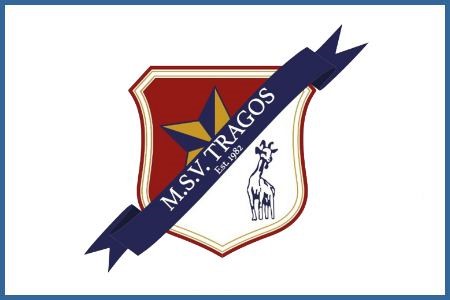The ins and outs of the new Skillslab
In a room there are three men lying on the floor, waiting to be resuscitated. In another room there are ten arms with clenched fists, ready to be given a shot. It’s a sight to see, the Skillslab of Maastricht University (UM), where students learn a broad range of skills. Forty years ago, it was conceived in Maastricht and it is still the ‘beating heart of the Maastricht medical education’. On the occasion of the inauguration of the completely renovated Skillslab on 24 November, the director, an instructor and two students discuss the ins and outs.
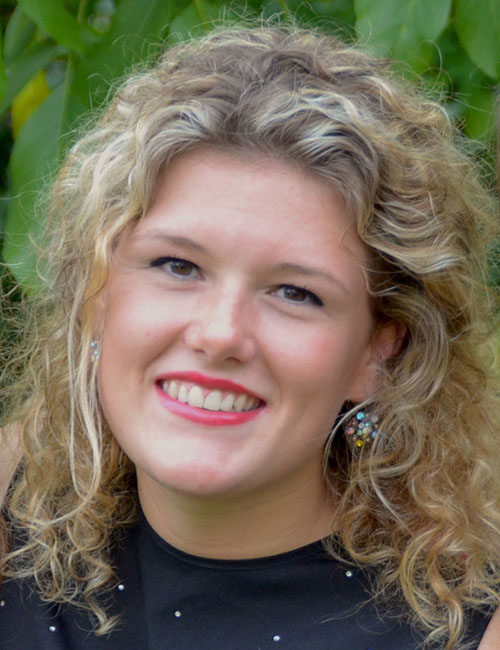
Claudia Meulen, bachelor’s in Medicine graduate, begins the master’s programme next year:
“I still remember well how we started by just touching the tip of the nose of our fellow students in the first year. That felt very uncomfortable for a moment, but it was very good to begin with. Later on, of course, you do all sorts of other physical examinations together.
The Skillslab is a safe environment where you can practise on each other, as well as on previously trained men and women who sign up for a vaginal or rectal exam for a small fee. These people are very experienced and at ease, so it’s very nice that you were already able to practise it before you’re at the hospital.
I'm really glad that here you have Skillslab trainings from the first year, not like at some other universities where you have them only two months before starting your internships. It’s an important part of the study, so I thought it was nice to be able to contribute ideas about the details of the new Skillslab.”

Femke Jongen, Skillslab director:
“This move came about because there was a lack of space at the Universiteitssingel 50, where the Skillslab was formerly located. We used the opportunity to make improvements and innovations. Universiteitssingel 5 is fully designated for the Skillslab. The look and feel of the building is more contemporary, fresher and calmer. All rooms have a 'smart board', there are more classrooms than before, and there is a greater number of cameras that can record students in the Simulated Patient Contact (SPC). These are all things that support our 50 employees in conducting more than 100 different trainings for Medicine students in the bachelor’s and also the master’s phase (though more limited), students in the Physician-Clinical Investigator master’s programme and Nurse Practitioner students from Zuyd University of Applied Sciences. We have also adapted the types of tests, to provide more continuous progress measurement and feedback throughout the year. Everything here is about supporting students in their development as medical professionals in the best possible way.”
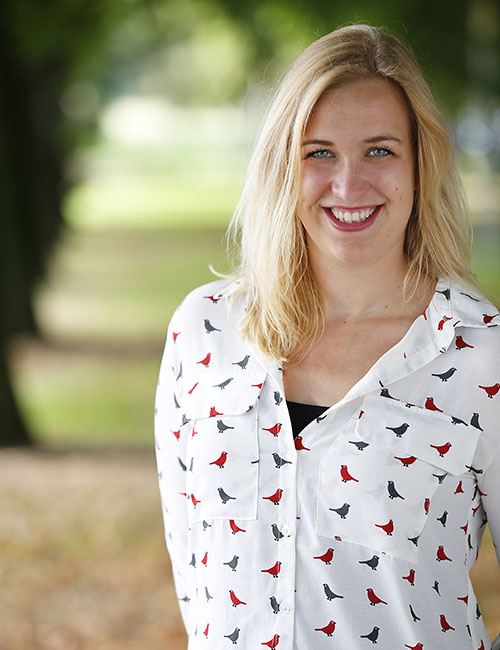
Moniek Wouda, Skillslab instructor:
“Students from the bachelor’s programme in Medicine come here two or three times a week. They must register for courses themselves; it’s not mandatory, but they will be tested on the skills in the third year. I teach all subjects in principle and personally find the practicals on stitches, shots and gynecological examinations the best subjects to teach. I think the set-up of the new Skillslab provides a better overview than before. And I'm very happy with the smart board, which helps make my teaching more dynamic. The trainings here are connected to the block the students are following at the time. In addition to practising laboratory and therapeutic skills, they also practise physical examinations on each other, as well as conversational skills with simulated patients and, in the third year, even with real patients. Someone with Parkinson reacts very differently to your physical examination than a healthy fellow student of 20.”
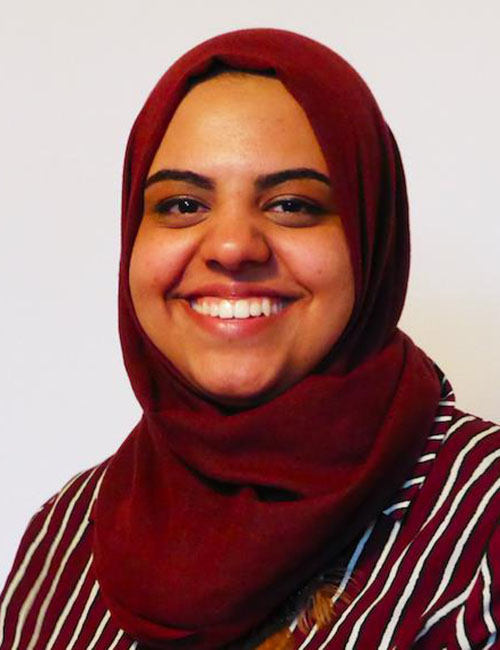
Yasmin Hashish, third-year student, bachelor’s programme in Medicine:
“When I first walked into the new Skillslab, I thought: Wow! Much more spacious, bright colours, much more inviting for students to be here. And it’s a few minutes’ walk from the main building, so the distance is really not an issue.
When the instructor of my first Skillslab training went through the attendance list and called me 'Doctor Hashish’, it felt really surreal. Here lies the link between theory and practice. The environment in the lab is safe—you don’t talk about your fellow students outside the Skillslab. And you can choose, whether you’re female or male, if you want to participate in for example practising breast examinations and, if so, with whom you feel the most comfortable.
I like the conversation exercises with patients the best. When a simulation patient became 'difficult', I sometimes thought: ‘Come on, don’t be so complicated’, haha. But it's all very educational. It seems that Maastricht students are usually praised during their internships for being strong communicators. In daily life, I even ask more open- than closed-ended questions to my family.”
By Femke Kools
Welcome to the new Skillslab: watch the video
Also read
-
As a UM community, we are deeply saddened by the devastating earthquake that struck Morocco. We sympathise with everyone affected in any way by this disaster.
-
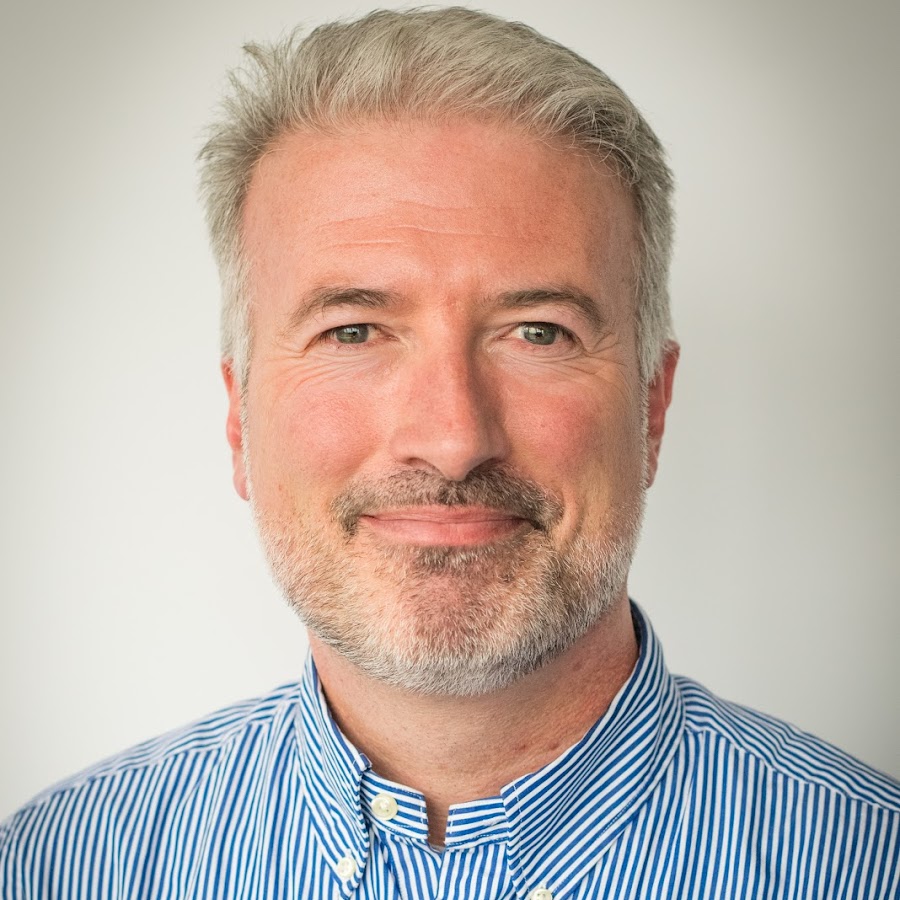
Frederik Claasen, the head of policy at our partner organisation Solidaridad Network on the opportunities and obstacles facing smallholder farmers in their data ecosystems.
